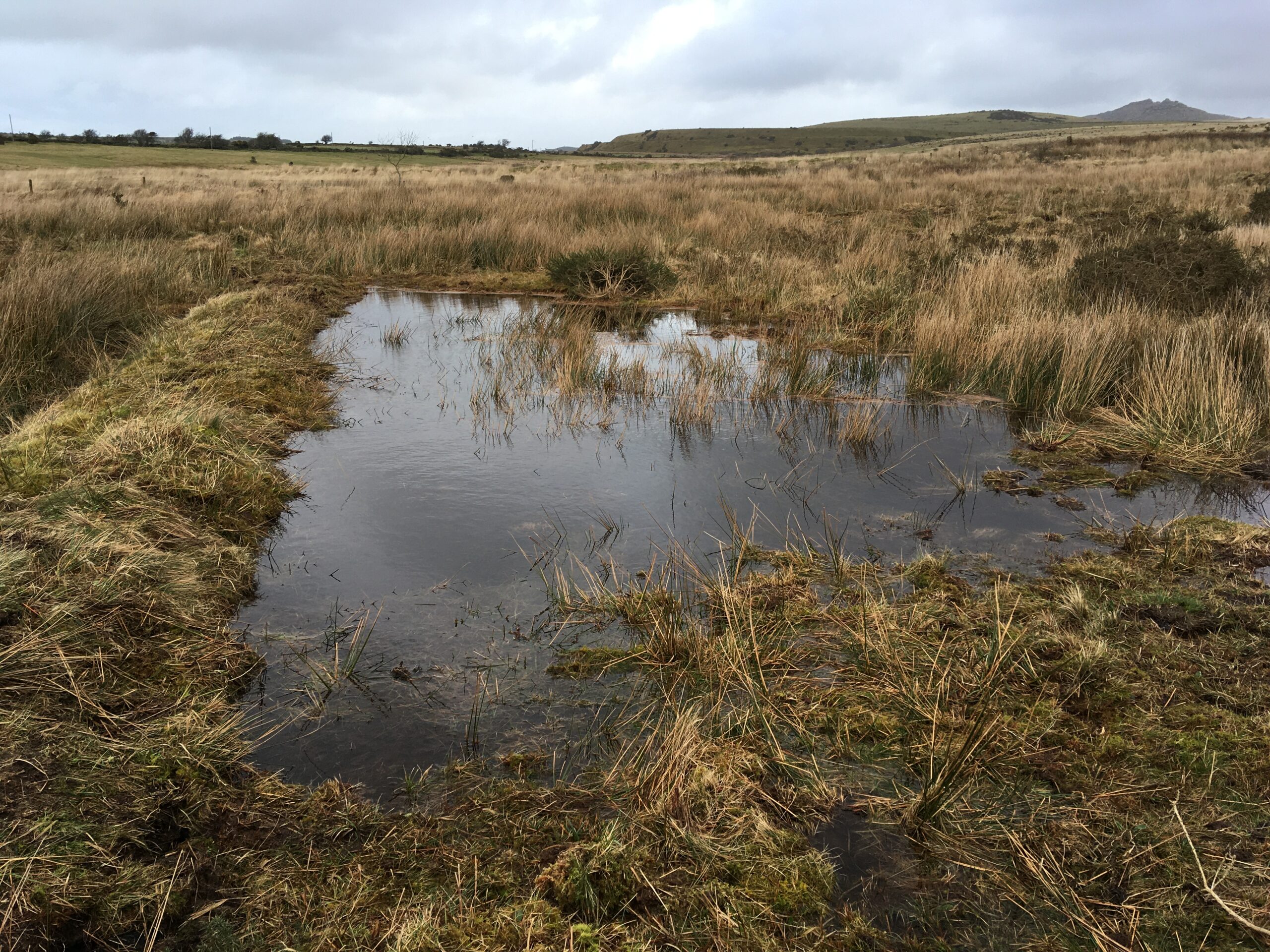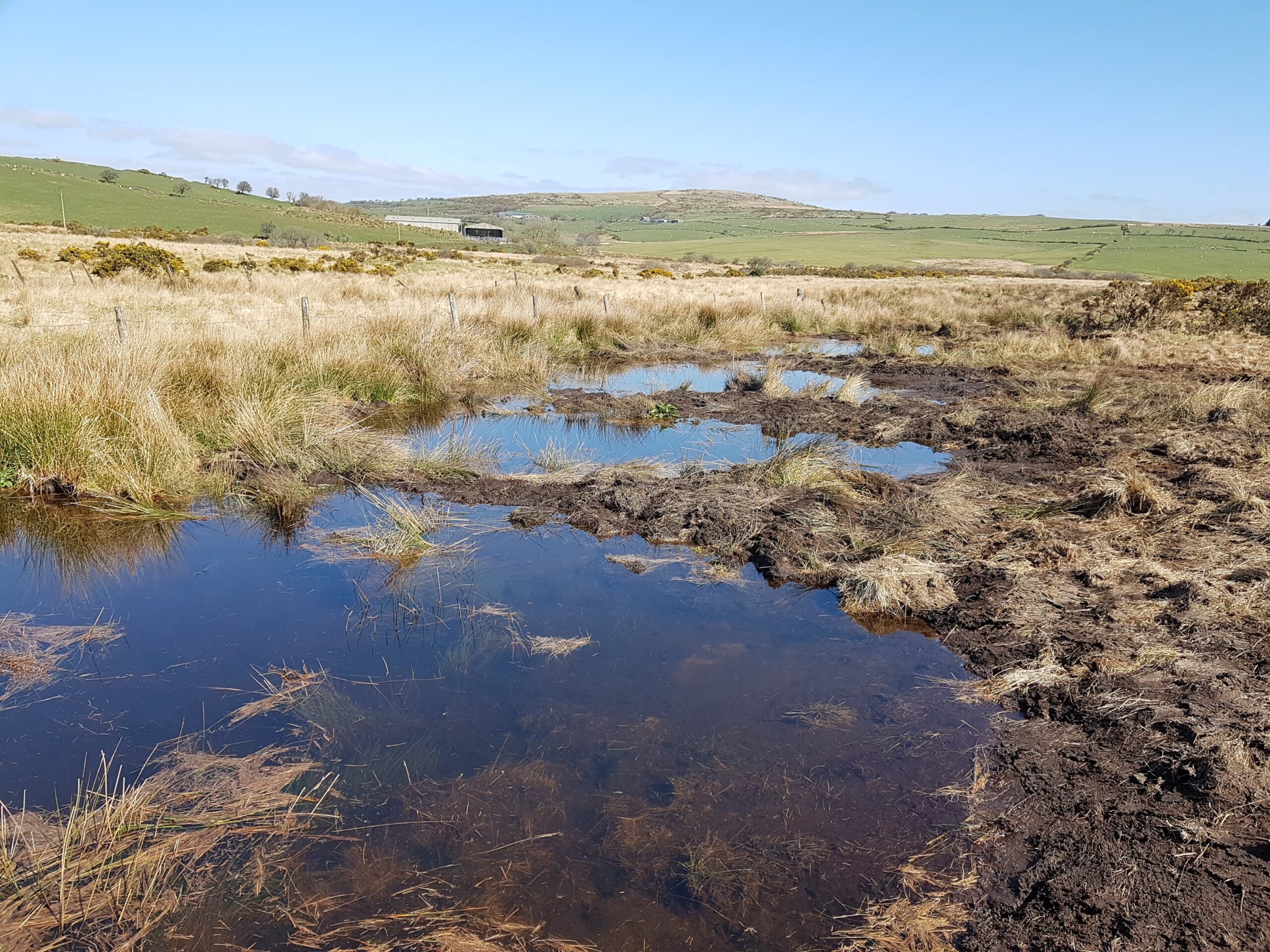
Forest For Cornwall – Celebrating 5 years of tree planting
The team at Forest for Cornwall are celebrating an incredible five years of the project. So far over 1.6 million trees have been planted in 971 projects across Cornwall, with...
James Richards













